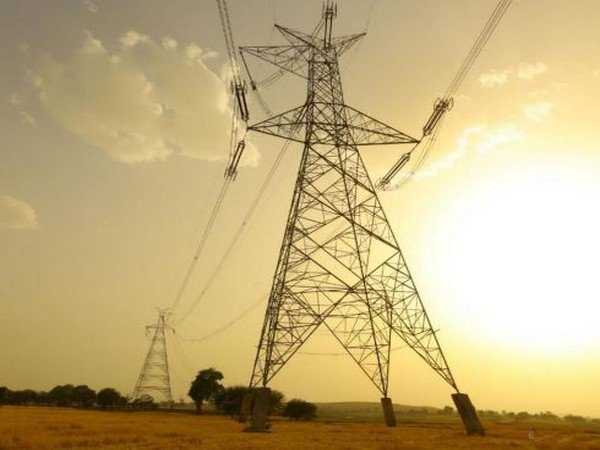Protests have erupted in Pakistan and Pakistan-Occupied Kashmir (POK) over high electricity charges, with demonstrations spreading across various cities and towns. The protests, initially triggered by rising electricity bills in POK, have gained momentum, driven by broader frustrations over inflation and the country’s economic challenges.
The protests have taken a violent turn in several areas, prompting interim Prime Minister of Pakistan, Anwaar ul Haq Kakar, to convene an emergency meeting to address the situation within 48 hours.
The root cause of the protests can be attributed to Pakistan’s ongoing economic crisis, compounded by stringent conditions imposed by the International Monetary Fund (IMF) as part of a financial assistance package. The increase in electricity charges further exacerbated the burden on the population, leading to widespread discontent.
Notably, residents of Pakistan-Occupied Kashmir have expressed particular grievances, pointing out that the region produces a substantial amount of electricity but continues to face endemic power cuts and inadequate relief measures.
As the protests spread, citizens have been sharing their grievances on social media platforms, highlighting the impact of exorbitant electricity bills on their monthly incomes. The hashtags #Burn_Electricity_Bills and #Civil_Nafarmani (civil disobedience) have trended on social media.
Pakistan’s economic crisis has resulted in high inflation rates, with the annual inflation rate reaching a record-high of 37.97% in May. The struggling economy has led to factories and businesses laying off employees, exacerbating citizens’ frustrations.
The protests underscore the broader discontent within Pakistani society, with historian Ammar Ali Jan stating that the demonstrations represent a convergence of various crises, including political instability, authoritarianism, social contradictions, and climate catastrophes. The protests against electricity hikes serve as a focal point for expressing these frustrations.
While the protests began in Pakistan-Occupied Kashmir, they quickly spread to other parts of Pakistan, including Karachi, Peshawar, Rawalpindi, and other cities. Citizens have expressed their determination to resist what they view as unjust electricity charges, leading to public displays of burning electricity bills and calls for civil disobedience.
